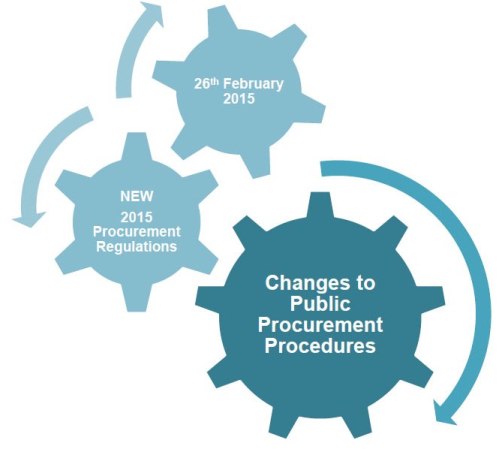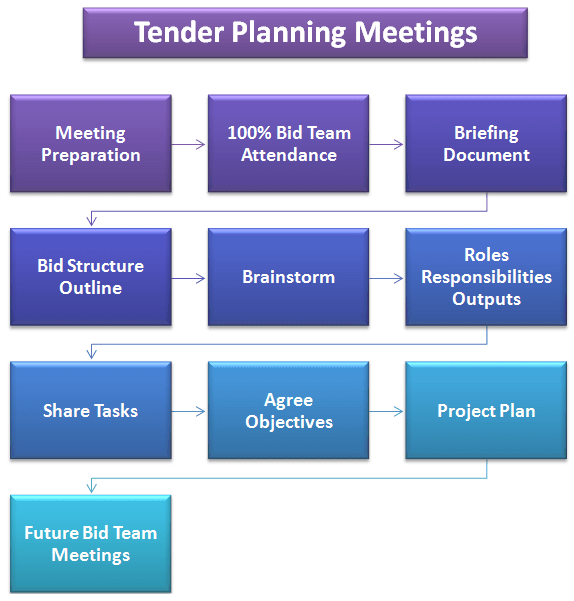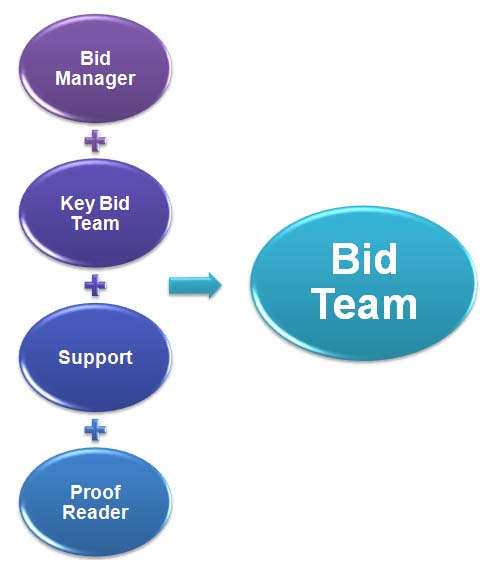How to Qualify Tenders – Bid or No Bid
How to qualify tenders is a topic that gives many business owners a headache! Here is a guide on qualifying tenders. It also applies to when you invited to quote for work. Bid or No Bid.

Qualifying Tenders & Sales Opportunities
It’s all about Quality Not Quantity. This refers equally to formal tenders and when you get approached for a quotation.
I love winning bids! But absolutely hate wasting time on something that was never going to be a success. I try and take a realistic view on the likely return on investment (time and money). I can then make a more rational decision whether to pitch or not.
Too many times I hear about organisations going for lots of tenders and not winning any. This is often due to not qualifying tenders properly. If you are looking for new business and you find a tender, it can be very exciting when you go for it – the anticipation of a big win. But when you get rejected (once again) it is very depressing!
Over the years I’ve had some difficult and lengthy discussions with MDs about whether to bid or not. Deciding between ditching an opportunity to win new business and potentially your wasting time is tricky.
Making the decision not to bid on tenders can be hard. You may feel you are limiting your opportunities. But if you do it well, you are just freeing up valuable resources to do something more profitable. Like creating one excellent winning bid, rather than three mediocre losing bids. Or simply going home on time tonight?
…How to Qualify Tenders – Bid or No Bid Read More »




